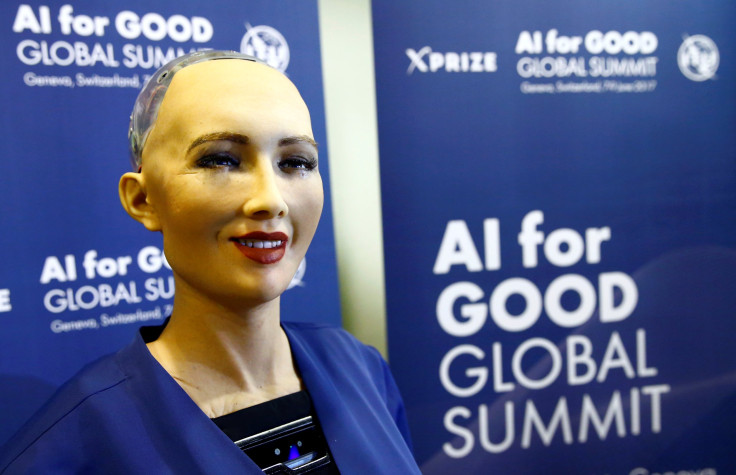Must-Have Skills In The New World Of Automation and AI

Artificial intelligence is steadily taking up activities and jobs performed by humans these days. According to a study done by professional services firm PricewaterhouseCoopers, nearly 40 percent of existing U.S. jobs might be replaced by robots in the next 15 years.
Unlike previous industrial ages, which forced humans to use their brains more instead of performing physical labor, the AI-based industrial age that is slowly but definitely gaining momentum might actually ease the pressure on the human brain.
Simply put, as things get more automated, humans will have to do less, which will in turn make them less skilled. There are two scenarios at hand then: either humans would grow dumber, since they have to do less or they make more use of skills that can’t be replicated by AI.
Read: Creative Robots? Google's DeepMind Artificial Intelligence Is Getting Imagination
According to a 2013 study done by the U.S. National Library of Medicine, titled “How to discriminate between computer-aided and computer-hindered decisions: a case study in mammography” radiographers are now less likely to diagnose cancers not flogged by computers.
Driverless cars might obliterate driving — a skill which needs to be evolved according to changing conditions and could similarly affect flights and shipping. More importantly even fields where expertise is needed have started getting affected.
One such skill is emotional intelligence, for example, the act of having genuine empathy for a fellow human. AI still lacks the ability to form understanding and connect with another human being. Jobs such as teaching and nursing might not be affected by AI.
This is simply because these jobs, even though they are currently lowly-paid, will become more important since these skills might not be replicable by AI. They might actually be in higher demand since these fields might gain increased focus as AI picks up the burden from the rest of the jobs needed to be performed every day.
According to the World Bank Group, human skill sets such as ones socio-emotional interactions, higher-order cognition, basic cognition skills and technical ones might put employees in high demand. The role of a teacher for example will grow more important since these skills are mostly acquired by adolescence.
Read: Intel's Artificial Intelligence USB Stick Could Bring AI To Everyone
What AI might help do is limit the scope of human error. It would also reduce the expenditure of time and money on mundane tasks. A more nuanced view of AI is that it could become a veritable arm of human skills.
A more pertinent question that needs to be asked is what are large companies and even governments aiming to do with AI? AI will and is creating a large change in the job market. With AI and robots taking up production, are we ensuring the workers being replaced are given the chance to improve their skills sets?
Are we looking into investing more into skills like teaching and nursing and shaping emotional intelligence better?
These questions remain unanswered.
© Copyright IBTimes 2024. All rights reserved.











